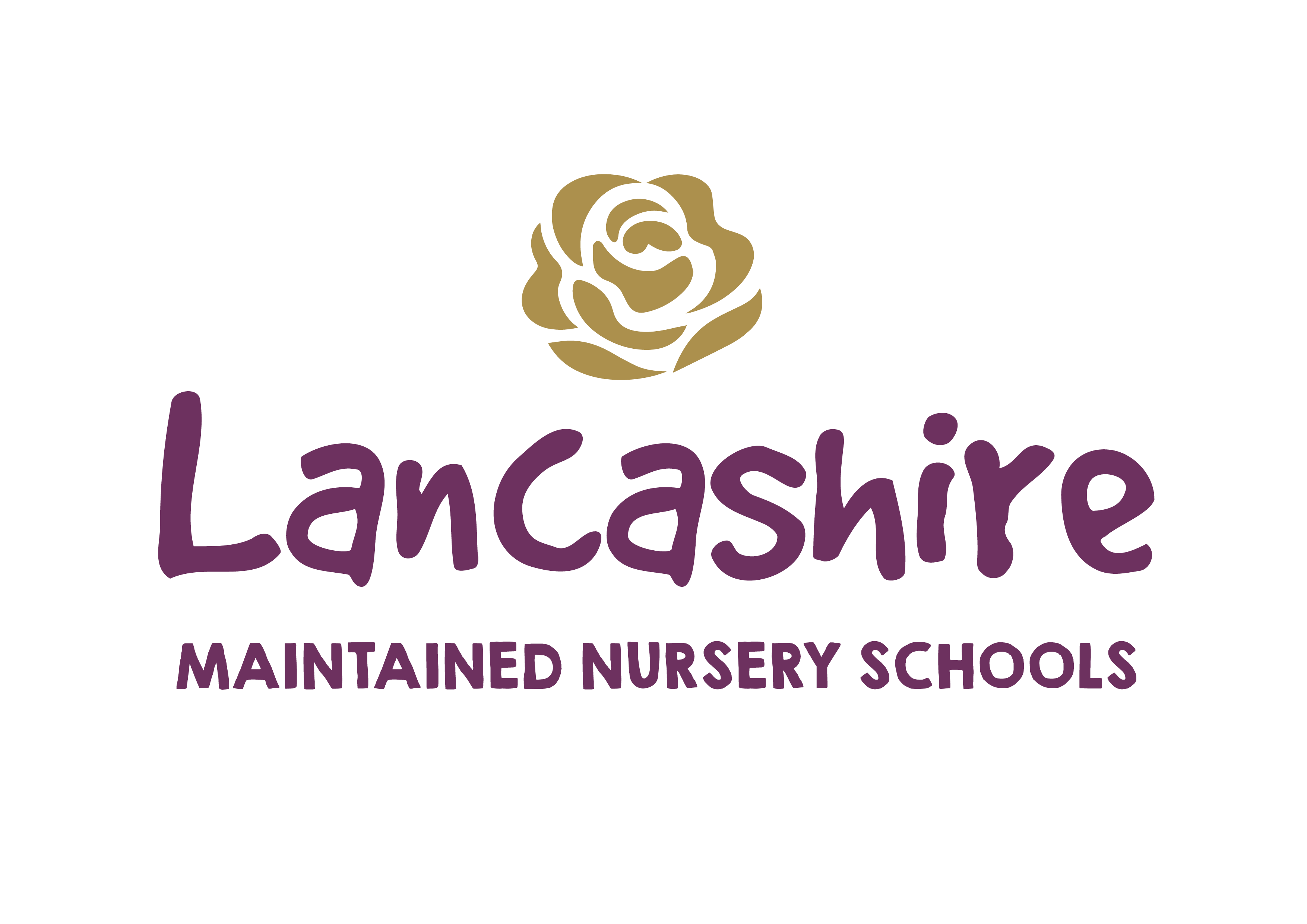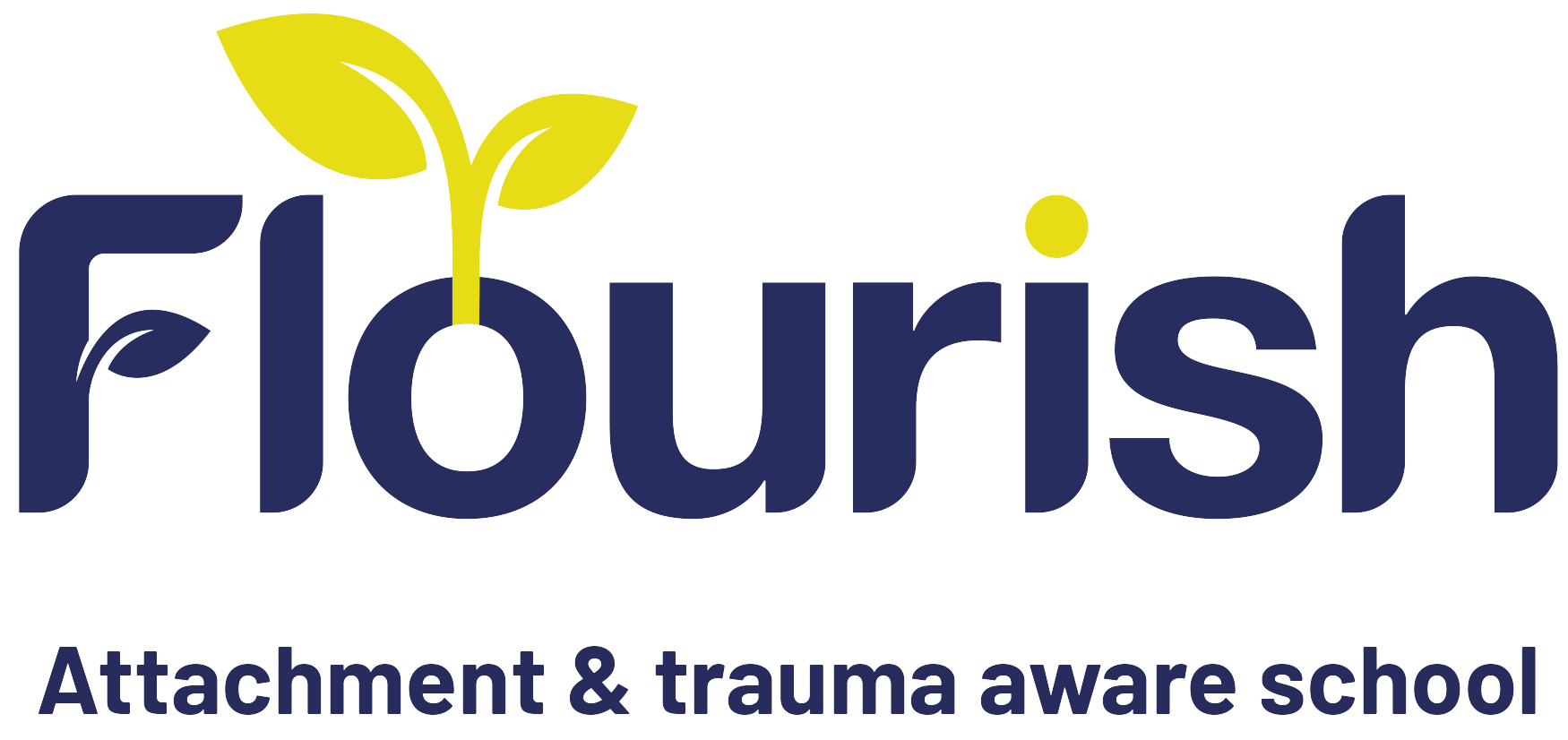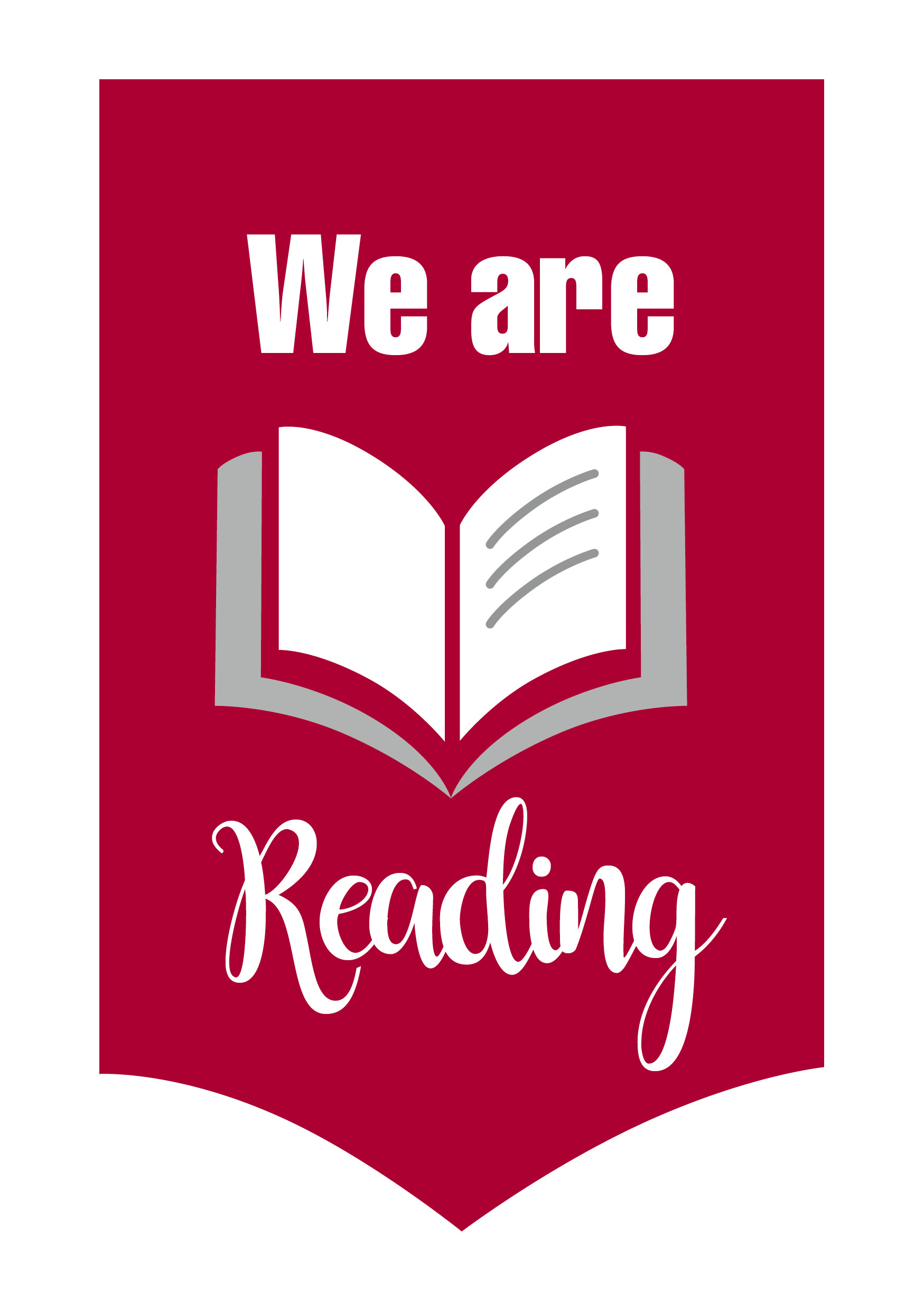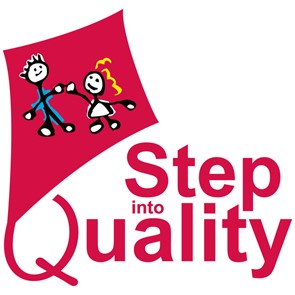Aim
The Early Years Foundation Stage (EYFS) forms the basis for the learning within our nursery school and we believe it has great importance as a foundation for inspiring life-long learning. During these early years children acquire knowledge and understanding, develop attitudes and learn social and personal skills.
Our Rockwood Curriculum
Our curriculum has been formed and reviewed to meet the needs of our children, the area in which we are based and the opportunities needed. We ensure that children have a range of opportunities to extend their learning and development over their time at Rockwood. This has been formulated into termly/medium term plans which you can find in the curriculum files section of the website. These give the curriculum aims (Intent) for the term in each of the curriculum areas, the opportunities which will be provided (Implementation) and are reviewed and updated to ensure they help children grow, learn and develop (Impact).
The curriculum leads have written the curriculum with awareness of current research and best practice as well as information from staff training. Research has included the Ofsted documents; Best Start in Life as well as EEF engagement in Maths Champion and LCC Language Champion work. We are a staff who are Trauma Informed and have completed Emotion Coaching. This has influenced our curriculum, routines and policies. Please ask us for more information if you are interested.
Our curriculum at Rockwood has been developed with our Image of the Child underpinning all aspects of learning. Rockwood staff believe that working with our young children is a privilege and that our goal is to provide the very best start to their educational journey. We value our educational work within the early years and believe that all children have a right to the very best learning opportunities regardless of their starting points. Our Image of the Child was formed by staff, families and governors through exploring the unique offerings of Rockwood, the families and the community it is situated in. Our overarching ethos and value is:
"We aim to make the years the children spend at Rockwood happy and fulfilling so that, by the time they move onto the next stage, they will be competent, confident learners who take pleasure and pride in their achievements."
You can find out more about how our Key Worker system works and find out how we support your child's learning and development. If your child has additional needs, or you are worried they might have, why don't you have a look at our Special Educational Needs and Disabilities (SEND) information.
The nursery school operates within the Early Years Foundation Stage framework and legal guidance and is resourced according to the age and needs of the children accessing it. Practitioners use information from the statutory framework for the EYFS which was updated for September 2021, as well as the Rockwood Curriculum outlines to plan provision and activities for the children in their care. You can see what activities and events we have planned each term and what we aim for the children to learn through these on our 'Termly Plans' (PDF). These activities and the provision are adapted accordingly to suit the needs of all children through adapted teaching to support the outcomes for certain children. For some children a greater level of adapted teaching is required because they have additional or special educational needs. Practitioners are sensitive to the developmental needs of the children in their care and when they are adapting activities and provision have this in mind so that all children are able to access the setting in a way that is appropriate to their needs. The below section is taken from: the ‘Statutory framework for the early years foundation stage - Setting the standards for learning, development and care for children from birth to five’ for your information:
The areas of learning and development
There are seven areas of learning and development that must shape educational programmes in early years settings. All areas of learning and development are important and inter-connected.
Three areas are particularly important for building a foundation for igniting children’s curiosity and enthusiasm for learning, forming relationships and thriving.
These are the prime areas:
· communication and language development
· physical development
· personal, social and emotional development
Providers must also support children in four specific areas, through which the three prime areas are strengthened and applied. The specific areas are:
· literacy
· mathematics
· understanding the world
· expressive arts and design
At Rockwood Nursery School we value the uniqueness of each child together. Below is our ‘Image of the Child’.








